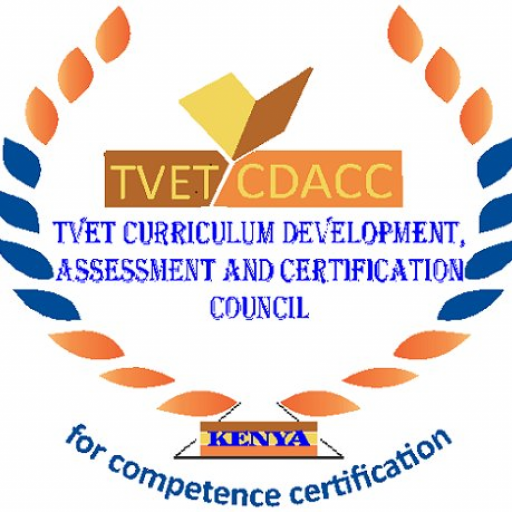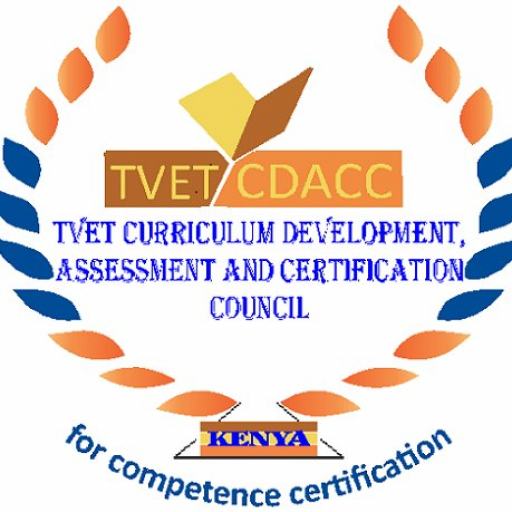As a way of reducing youth unemployment and assisting in attaining vision 2030, bridging the skills gap between the training institutions and the industry has emerged as a priority area. There is still a massive mismatch between the skills acquired in training institutions and the ones that are demanded in the various industries. TVET CDACC is one of the agencies that has been given the responsibility of addressing this dire situation by playing a part in Competency-based education and training (CBET) and, more specifically, through developing industry-led Competency-Based curriculum and conducting a competency-based assessment.One fundamental shortfall of the previous curriculum is that it failed to match the needs of the industry, and as a result, the TVET graduates were deemed as not having the requisite skills that the various industries required. The supply orientation has consistently been a major challenge and has played a significant role in leading to the high unemployment rate among youth.
TVET CDACC has been active in engaging the industry in the development of various Curricula by having their representatives take part in the development of occupational standards.
Having the industry partake in curriculum development has played a significant role in reducing the instances of a skills mismatch between the graduates’ skills and the demands of the industry.
TVET CDACC is actively involved in forming Sector Skills Advisory Committees (SSACs), which link the industry and the development of various curricula. These committees are tasked with the formulation and validation of National Occupational Standards and Curricula. Therefore, Curricula developed in this manner confers to industry standards, and there is a higher absorption of such.
The curricula being developed by TVET CDACC are also intended to develop the youth’s entrepreneurial skills so that they can create their own employment and not solely depend on being employed to have a decent life. The new CBET curriculum intends to tap into various rare skills that have been overlooked or not promoted over the years. There is a general consensus that this will assist in reducing the high rates of youth unemployment that currently stands at a staggering 40%.
The council has in place a framework whereby the assessment of TVET trainees can be conducted in the industry, and their competence gauged accurately. This has ensured that the student gets training in an ideal work environment and consequently, they can adequately perform in a similar environment once pronounced competent after the assessment.



